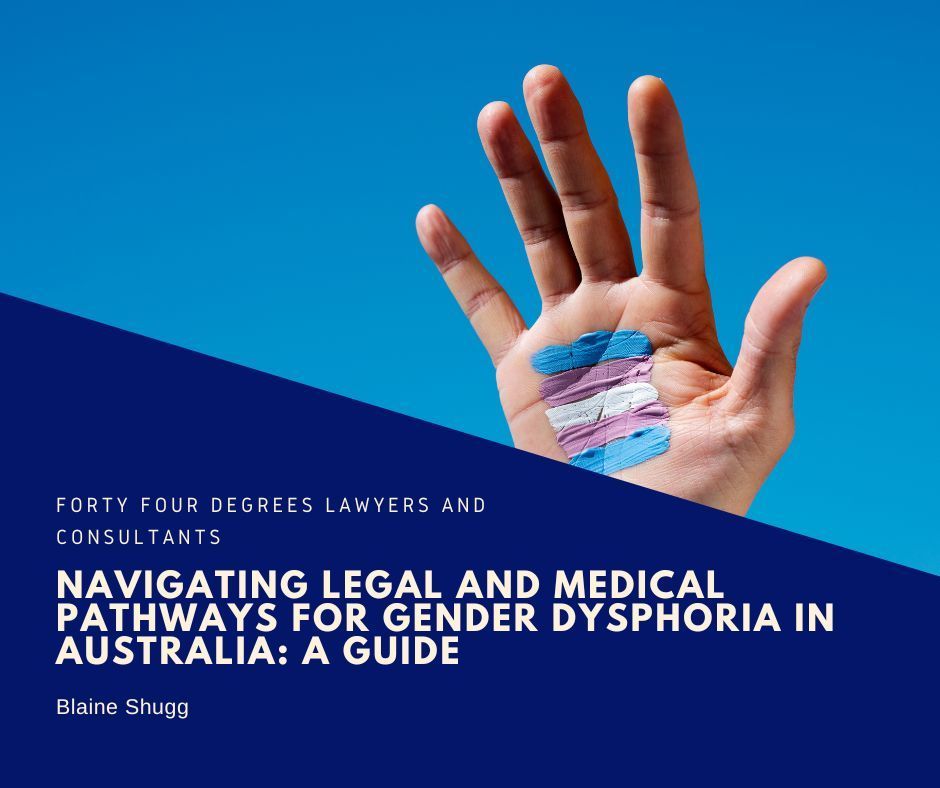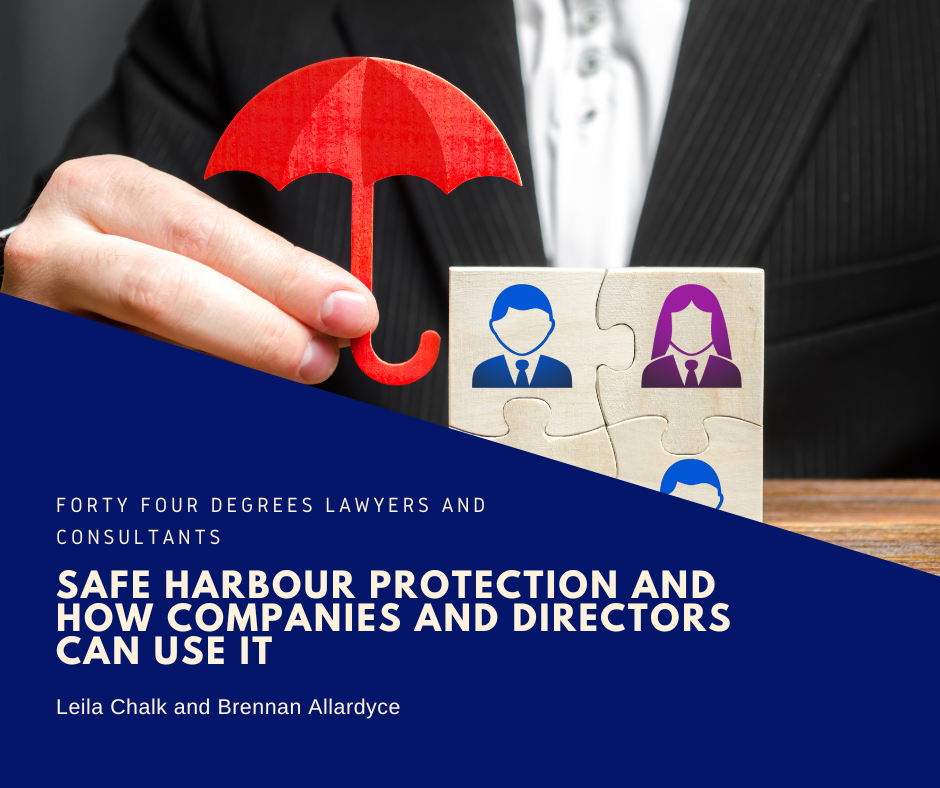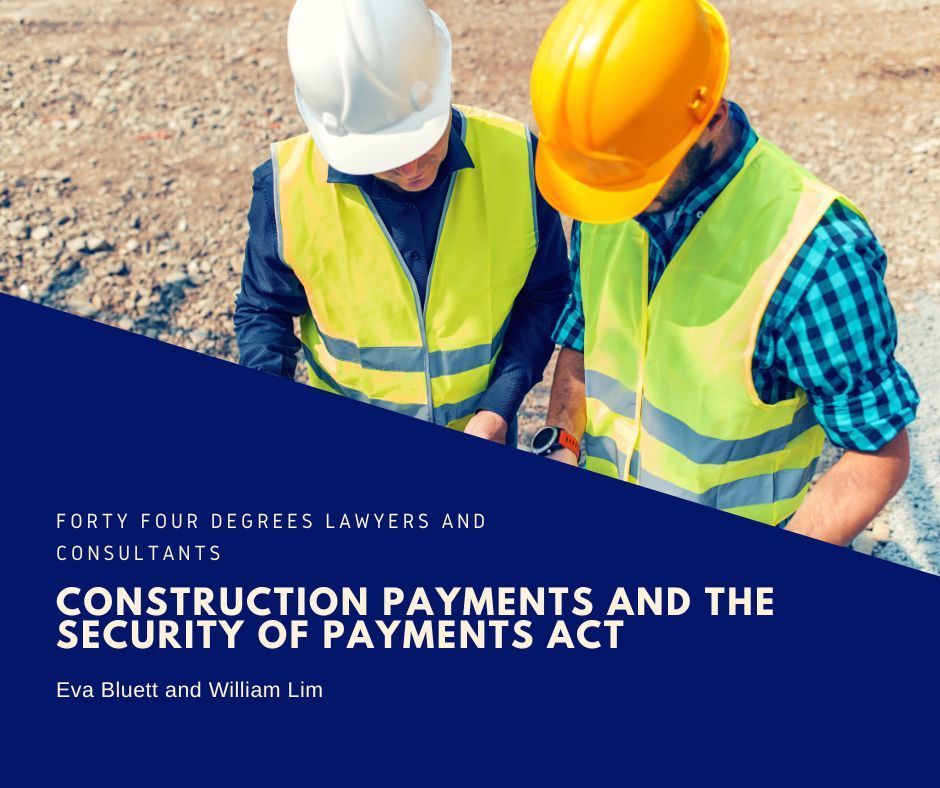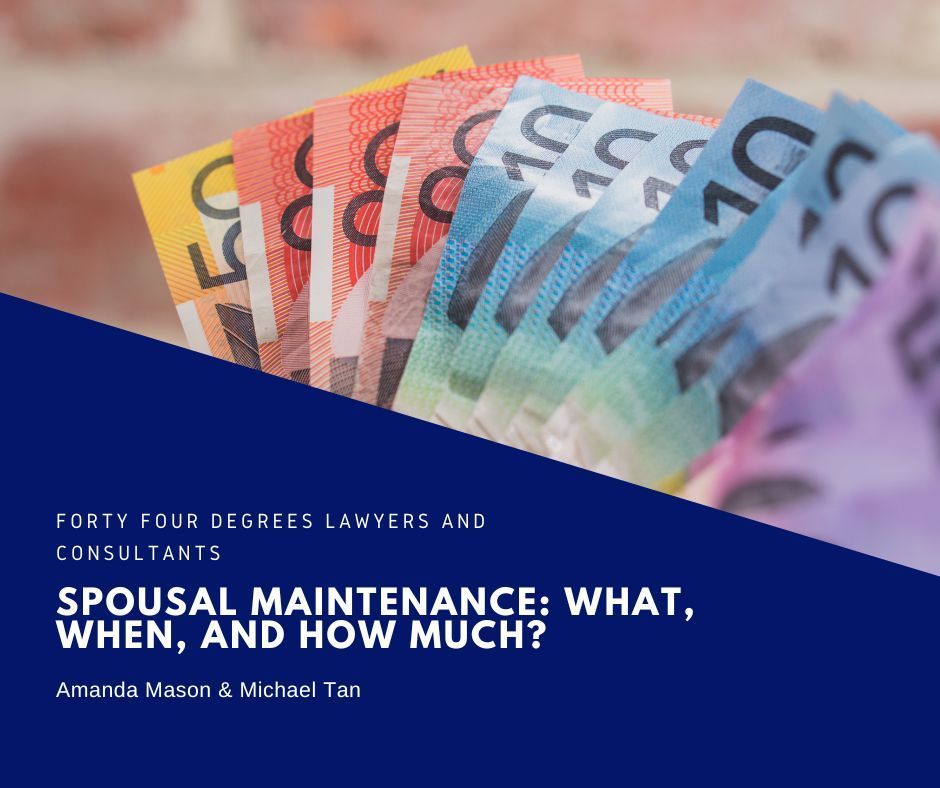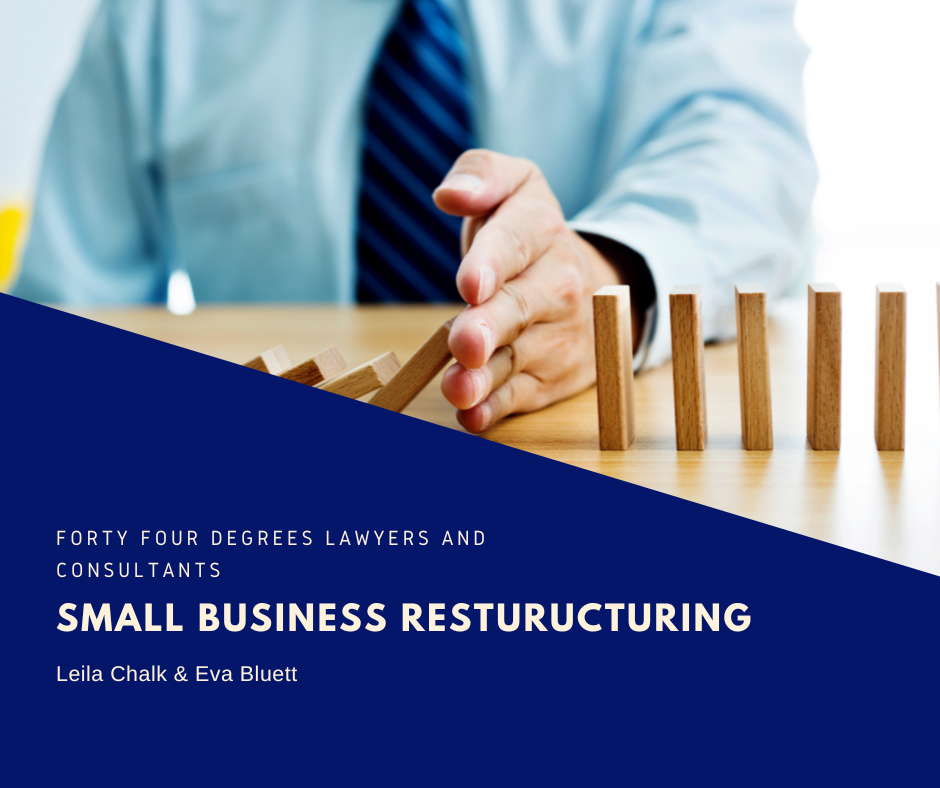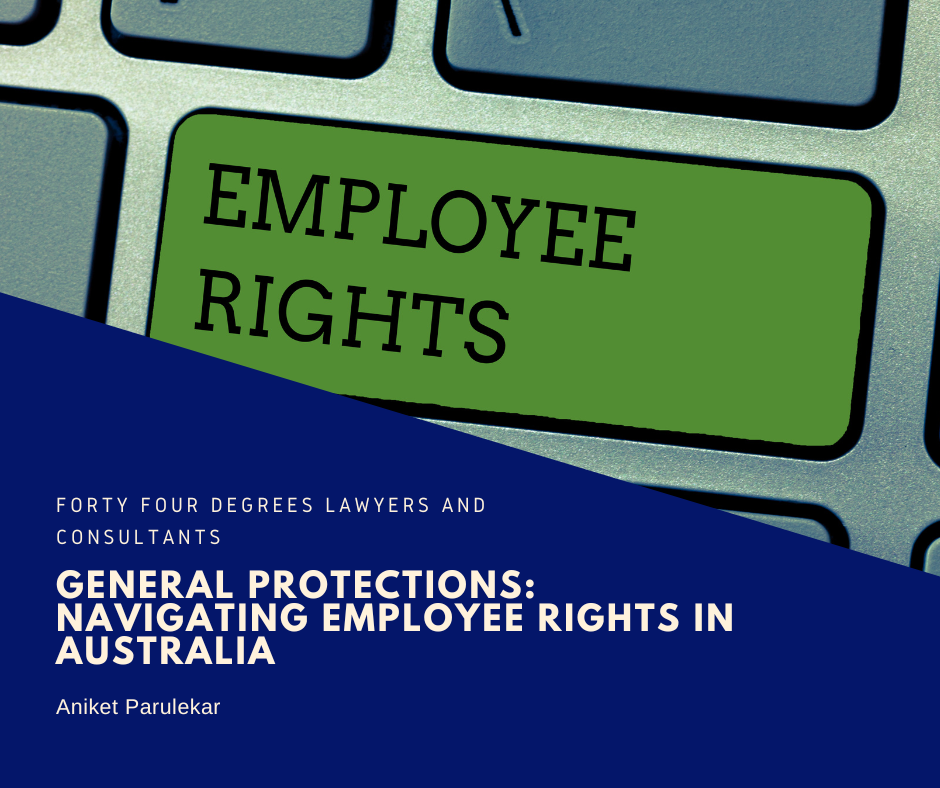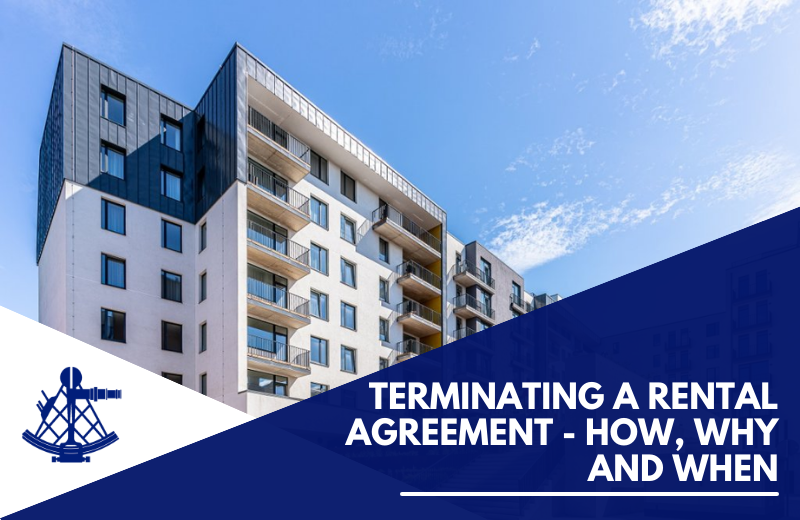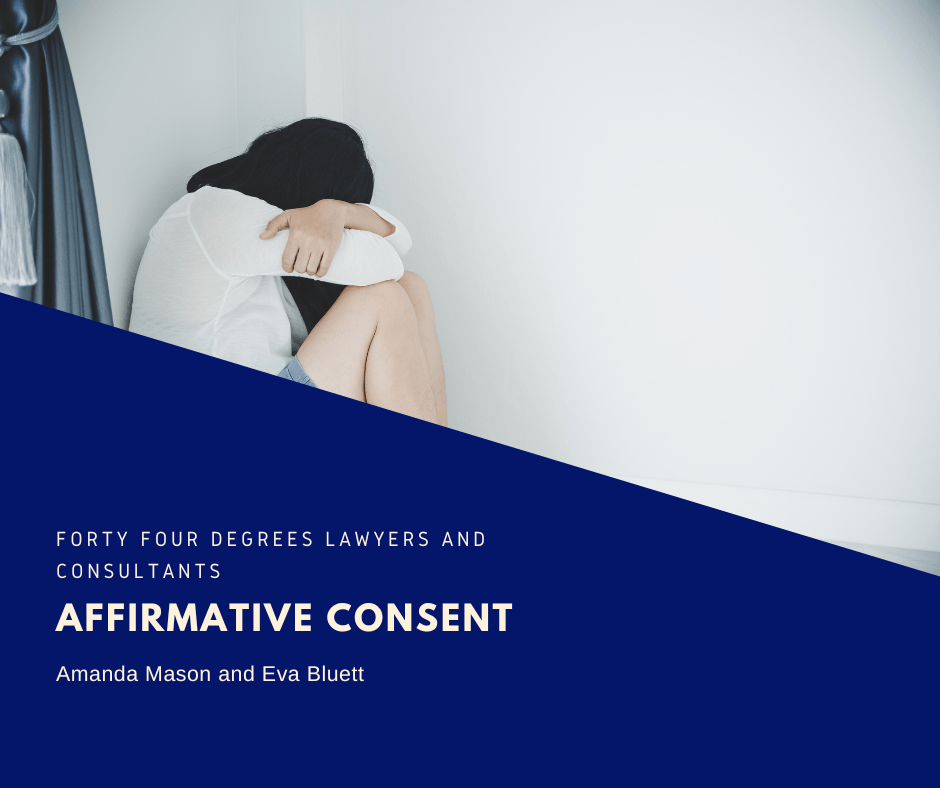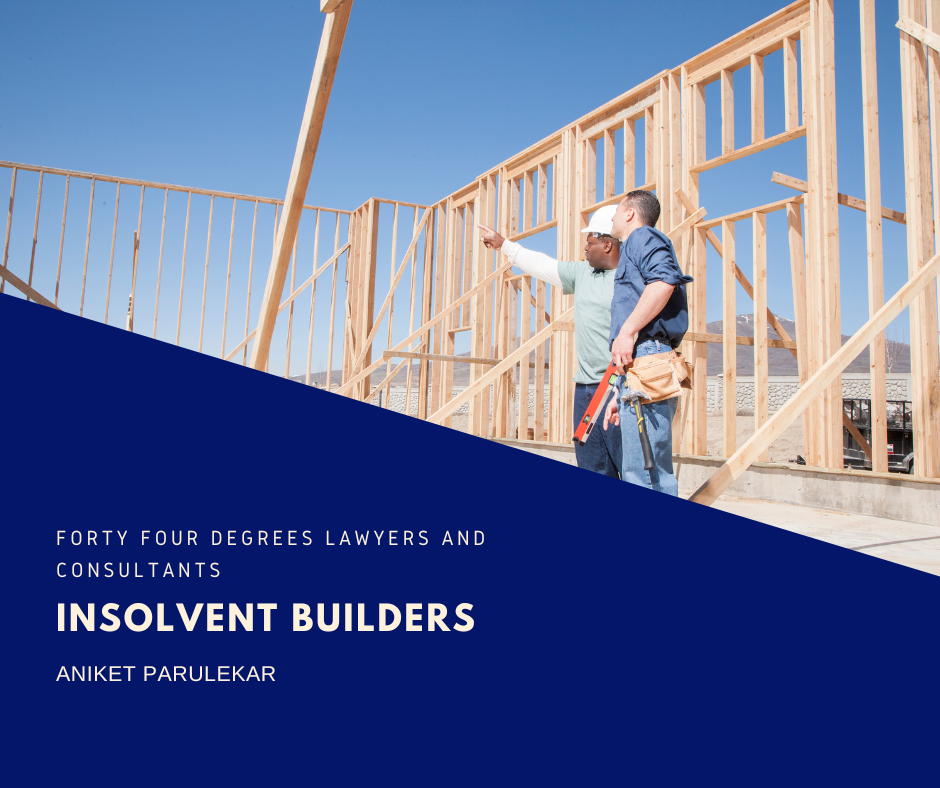Myths and Misconceptions about Employment Law
Ensieh Bayat • Jan 09, 2020
Busted! 5 Myths about Employment Law
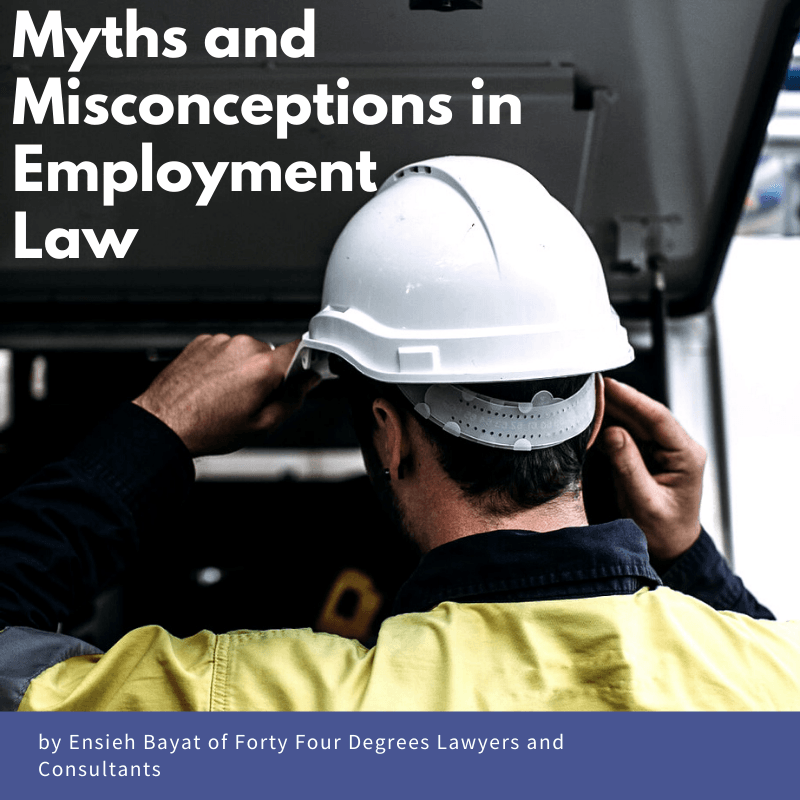
MYTH: The award doesn’t apply when employees are paid above the award.
Regardless of whether an employee is paid more than the minimum rate set by an applicable modern award, the provisions of an award will usually still apply. This means that all entitlements under the award concerning hours of work, holidays, termination, overtime etc still apply.
MYTH: They can’t just fire me without giving me prior warning about my performance!
There is a misconception that employers must always give an employee a warning about their performance prior to termination. This is not always so.
It really depends on the severity of the issue at hand and what the Fair Work Commission might consider to be reasonable in the circumstances.
For example, if an employee’s conduct amounts to serious misconduct - such as fraud or assault, the employee may be summarily dismissed without warning. On the other end of the spectrum, if the issues are performance related, then an employee may be entitled to more than two warnings. If the performance issues are not of a significant or serious then the employee may be entitled to three or more opportunities to rectify this.
We recommend employers to establish and implement procedures in place which ensure that an employee receives a warning and is given a reasonable opportunity to respond. If the issues are performance related, the employee should also be given a reasonable opportunity and assistance to rectify the issues.
MYTH: Employees who work long rosters with long breaks from the workplace do not accrue annual leave.
For example, let’s imagine that an employee is on a roster of 14 days on and 14 days off. In this example, the 14 days off is not annual leave.
All employees are entitled to a minimum 4 weeks annual leave. This entitlement is increased by 1 week (to 5 weeks) for shift workers. Annual leave entitlement accrues throughout the year and accumulates from year to year.
In the above example, if the employee is terminated, any annual leave that was not taken must be paid out on termination. Payment of accrued annual leave on termination is at the same rate as if the employee is taking the annual leave.
MYTH: If you have an ABN, you are an independent contractor.
Having an Australian Business Number (“ABN”), does not automatically make an employee an independent contractor.
To determine whether a person is an employee or an independent contractor, the Fair Work Commission takes into consideration certain factors. Some of these factors include, but are not limited to:
• Does the worker wear a uniform provided by the employer?• Does the worker use equipment provided by the employer?• Can the worker subcontract the work to other people and in turn make a profit?• Can the worker perform the work during any hours, or are these hours dictated by the employer?• Is the worker permitted to perform work for other employers?• Is taxation deducted from the worker’s pay?
MYTH: Casual employees who work like permanents are still casuals if that’s what they are called and how they are paid.
Casual employment is employment which is on an informal, uncertain and irregular basis. Employees who work a regular systematic hours and have an expectation of ongoing employment are likely to be deemed permanent employees.
Even where a contract of employment states the employee is a casual and the employee receives casual loading, they may be deemed permanent employees.
If a casual employee is deemed to be permanent they may have an entitlement to statutory payments such as personal/carers leave and holiday leave even where they have received casual loading.
Ensieh Bayat
is a lawyer at Forty Four Degrees focusing on employment, criminal, and family law.
Contact Us
We’re an Australian Law Firm promoting a nuanced, personal touch. We have the skills you need to resolve your case quickly and with a positive outcome. Our straight talking team stays close to simplify what is most often a complicated process. We help individuals and businesses with technology and startup law, property law including conveyancing and leasing, commercial law, civil litigation, wills, estates, bankruptcy, insolvency, criminal law, and professionals facing investigations and charges from their regulatory body.
We have a connected network of talented lawyers in Melbourne CBD, Dandenong, Ballarat, and Ivanhoe East.
Fill out the form or call us on 1300 892 237.
Thank you for contacting us.
We will get back to you as soon as possible
We will get back to you as soon as possible
Oops, there was an error sending your message.
Please try again later or call us on 1300 892 237.
About Us
We do business your way.
203/ 50 Market St, Melbourne VIC 3000
50 Lydiard St South
Ballarat Central VIC 3350

